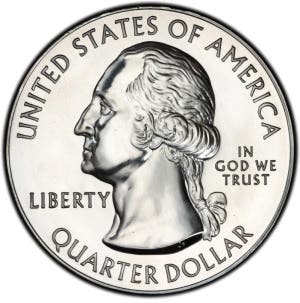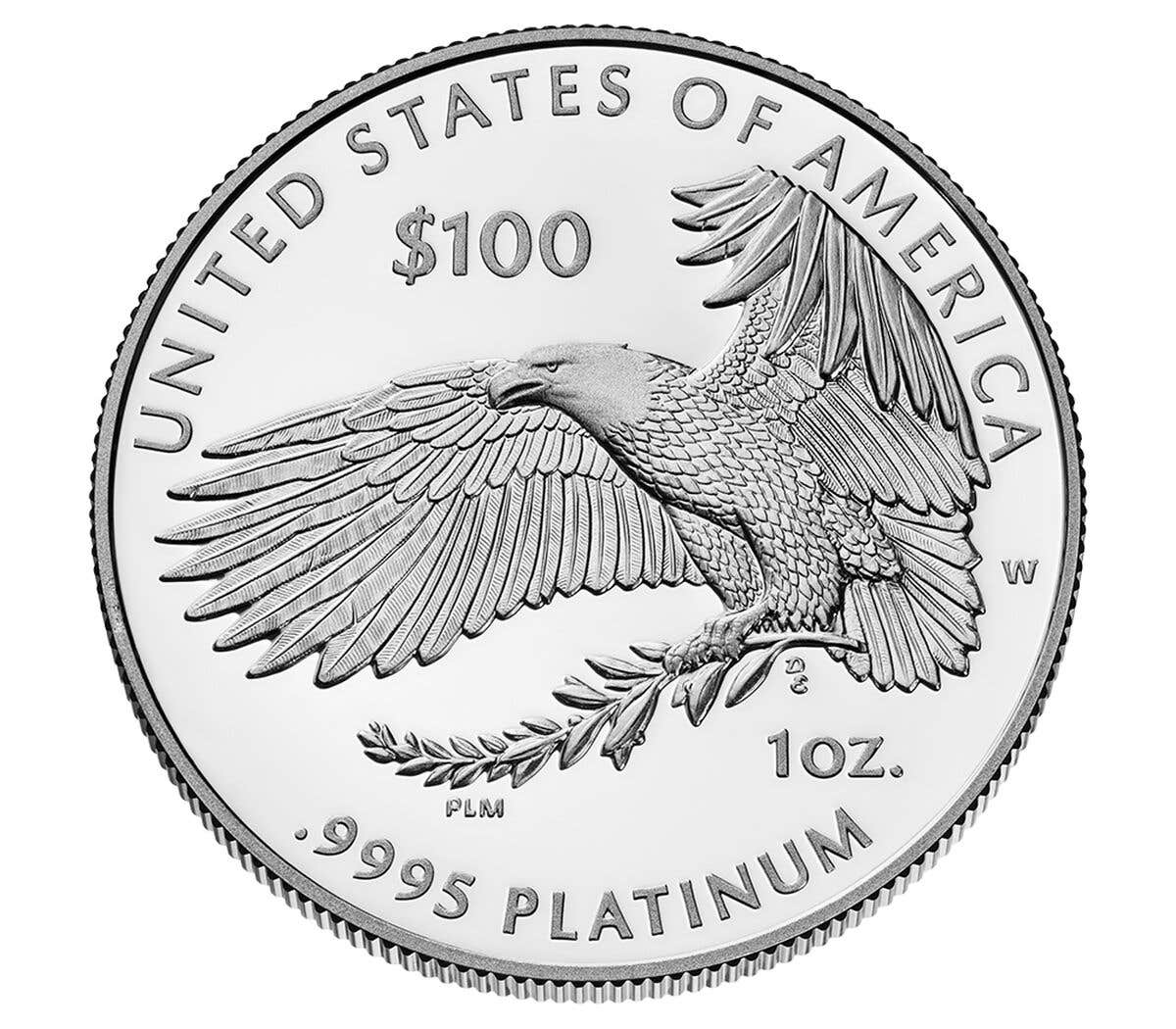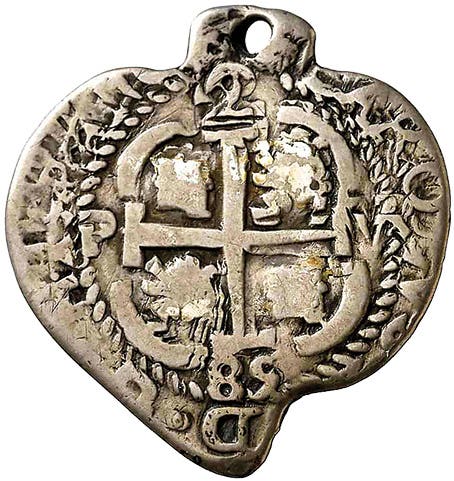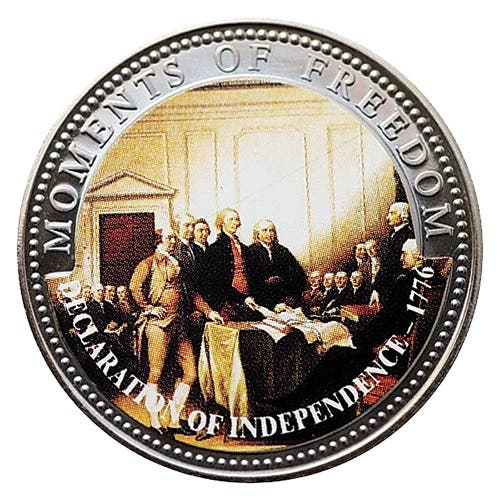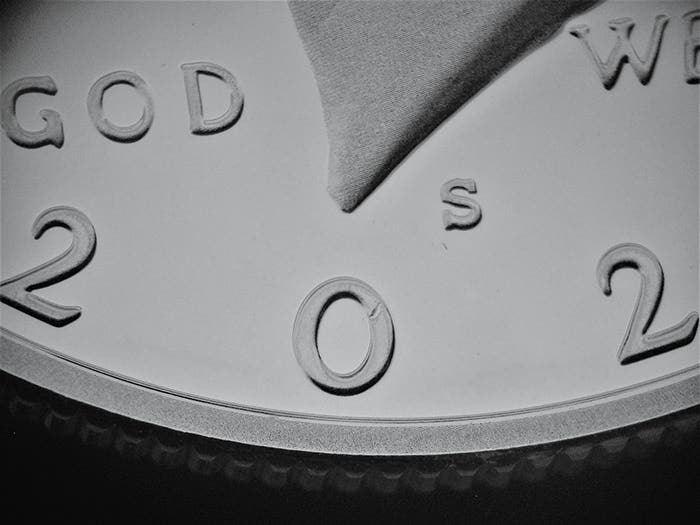Community Voice Responses (Mar. 24, 2018)
From the Mar. 30 Numismatic News E-Newsletter: Should sunken treasure belong to the government? Here are some answers sent from our e-newsletter readers to Editor Dave Harper. Not no, but…
From the Mar. 30 Numismatic News E-Newsletter:
Should sunken treasure belong to the government?
Here are some answers sent from our e-newsletter readers to Editor Dave Harper.
Not no, but Heck No! The law regarding salvage should ensure whoever discovers and retrieves the treasure should own it. If the government wants to get their greedy hands on it, let them pay full historical/numismatic/metal bullion prices to the people who found it.
Alan R. Anderson
Tucson, Ariz.
Sunken treasure should belong to the finder, taxable as a capital gain only when sold.
One exception is if the treasure was originally the property of the U.S. government. Then, the treasure is government property. The finder should be entitled to a fee totaling salvage expenses plus a reward of 10 percent of the value of the find.
The other exception is if the original owner is actively searching for his property at the time it is found. Then the owner should be entitled to his property, less the same fee specified in the preceding paragraph.
If treasure is found on the sixth Tuesday of the month, it is mine!
Bruce Frohman
Address withheld
Depends on when it sank, where, and are the original owners attempting to retrieve it? The law of the sea says that if the original owners have abandoned their property, then “Finders Keepers.” The definition “sea” seems to vary from place to place, especially when some nations attempt to extend their sovereignty further out into the ocean than accepted international law allows. So there are gray areas where the finders may have to fight it out in foreign courts that are unsympathetic to their position. If the stuff is sunken in a river or lake within the boundaries of a particular nation, then the local laws will be applicable. See the U.K. Treasure Trove law.
Tom Miller
Santa Rosa Calif.
There is much to the debate on this. If it were abandoned, it is anyone’s game. If an insurance company paid off on the contents, it is theirs. If so, the insurer should foot the bill for raising it. If not, split it with whomever foots the bill. If not, finders keepers!
When it comes to the Titanic, this is another story. I think, mostly in a museum for the contents. Personal items, to the families, or museum with their donation to them. As for the rest, debate on! I would not wish to have the proceeds of this for my collection.
Gary Kess
Sherman, Texas
The cost of locating and recovery of a sunken treasure is immense. Why should it belong to the government? If that is the case, let the government pull it out. You know what they are going to do with the profit.
Rudy Valentin
Address withheld
NO !!!!!!!
Robert Lorenz
Address withheld
No, sunken treasure should not belong to a government. I’ve been opposed to that since the laws have changed.
It just doesn’t seem fair that individuals who pour lots of money into the recoveries have to give it up.
What’s the point of treasure hunting if you can’t keep it? Where’s the motivation?
Raul H. Gonzalez
Address withheld
No. I believe that if the company is still around, or the country who the ship sailed from, they should take possession of whatever is found on the ship or ships. Treasure hunters are looking to get rich on someone else’s possessions. They have backers who get a cut. The crew, anyone involved but the real owners of the gold or silver. Then you have the ones who haul it up and don’t report it looking for a clean sweep. Is that fair? No.
Mike Byrne
Address withheld
Any buried or sunken treasure should be property of the finder, but if historically valuable should be offered to a museum first.
Name withheld
Finders keepers!
Richard R. Bryner Jr.
Address withheld
No, not unless the government retrieves it themselves. Proverbially: “Finders keepers, losers weepers.”
Sam Lukes
Visalia, Calif.
This article was originally printed in Numismatic News Express. >> Subscribe today
More Collecting Resources
• The Standard Catalog of World Coins, 1601-1700 is your guide to images, prices and information on coins from so long ago.
• More than 600 issuing locations are represented in the Standard Catalog of World Coins, 1701-1800 .





